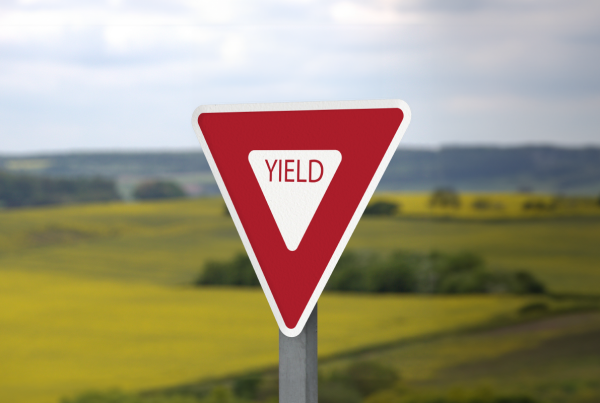In the labyrinth of motor vehicle technologies, commercial truck black boxes add a layer of complexity. Understanding which vehicles possess these data recorders can be perplexing, given the absence of federal laws mandating their installation. In this comprehensive exploration, Fielding Law unravels the mysteries surrounding black boxes (event data recorders) in commercial trucks and their significance in crash investigations and injury claims.
Which Vehicles Have Black Boxes?
Knowing which motor vehicles have black boxes and which do not can be quite confusing. Unlike passenger cars, there are no federal laws requiring commercial trucks to have event data recorders (EDRs) inside them. However, the majority of commercial trucks, driven by the need for meticulous monitoring, do come equipped with these silent observers. On the other hand, not all passenger cars are equipped with black boxes.
Why Do Commercial Trucks Need Black Boxes?
Black boxes serve as advanced computerized systems, offering insights into driver safety, vehicle status, and crash data. While Electronic Logging Devices (ELDs) share similarities with black boxes, the latter is crucial for trucking companies to monitor driver hours on the road. Although not federally mandated, every commercial truck is required to have an ELD.
How Black Boxes Aid in Crash Investigations
In the aftermath of a crash, black boxes emerge as invaluable resources, capturing vital information that can unravel the intricacies of the incident. From the speed of the truck to the airbag deployment, this data includes:
- Speed of the truck
- Seatbelt status of the truck driver
- Cruise control status
- Brake application
- Wheel turning
- The angle of the truck rolling over
- Airbag deployment
- Clutch application
- Truck’s mechanical status
- Precise coordinates of the accident
This trove of information becomes instrumental in determining the cause of the crash, assessing fault, and identifying any mechanical issues contributing to the accident.
Can Black Boxes Reduce the Number of Crashes?
While black boxes themselves do not prevent accidents, the insights derived from event data recorders pave the way for improved vehicle designs and enhanced safety measures. Additionally, the data can be utilized to shape policies within trucking companies, fostering better habits and safer driving practices among truck drivers.
Fast Recovery of Black Box Data: A Critical Timeline
The effectiveness of a black box lies in its data recovery speed. In optimal conditions, crucial information can be retrieved within 2 to 3 hours after a crash. However, if the device is damaged, the recovery process involves sending it to a specialized lab, where engineers meticulously analyze chipsets and printed circuit boards. Despite potential challenges, recovering data from a damaged or destroyed black box is not impossible, though it may take weeks or months.
Accessing Black Box Data: Insurance, Lawsuits, and Ownership Rights
Insurance companies, truck companies, and their carriers can access black box data. However, victims and their insurance carriers may need to file a lawsuit to gain access. Trucking companies may resist providing data, particularly if the truck driver is found at fault. In an injury claim, if successfully obtained, the black box data becomes a crucial tool for building evidence against the truck driver, potentially revealing speeding, reckless driving, or improper braking.
In the intricate landscape of commercial truck accidents, understanding the role of black boxes is pivotal. At Fielding Law, our commitment to unraveling complexities and providing compassionate legal support ensures that you have a trusted ally by your side. Call 833.88.SHARK to benefit from our expertise and compassionate support. Trust Fielding Law to be the advocate you need for a fair and just resolution.
Note: Information provided is for educational purposes and does not constitute legal advice. Always consult with a qualified attorney for legal concerns.






